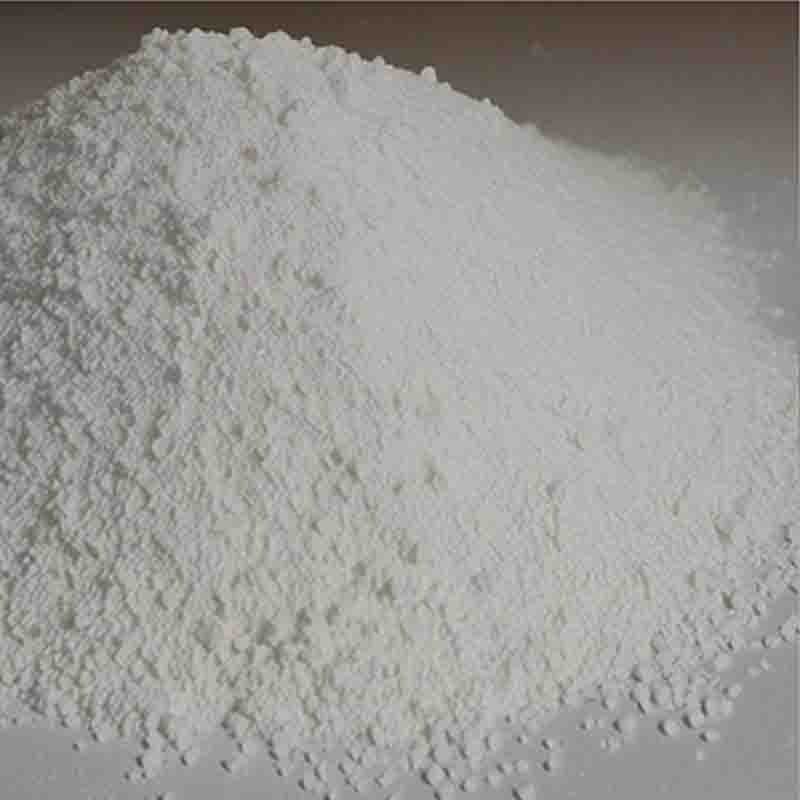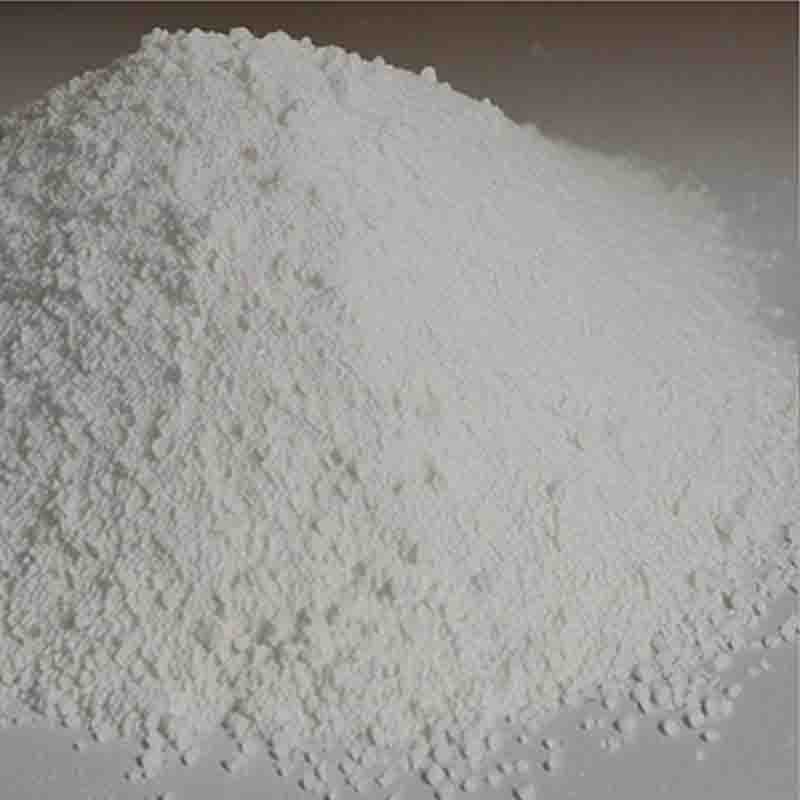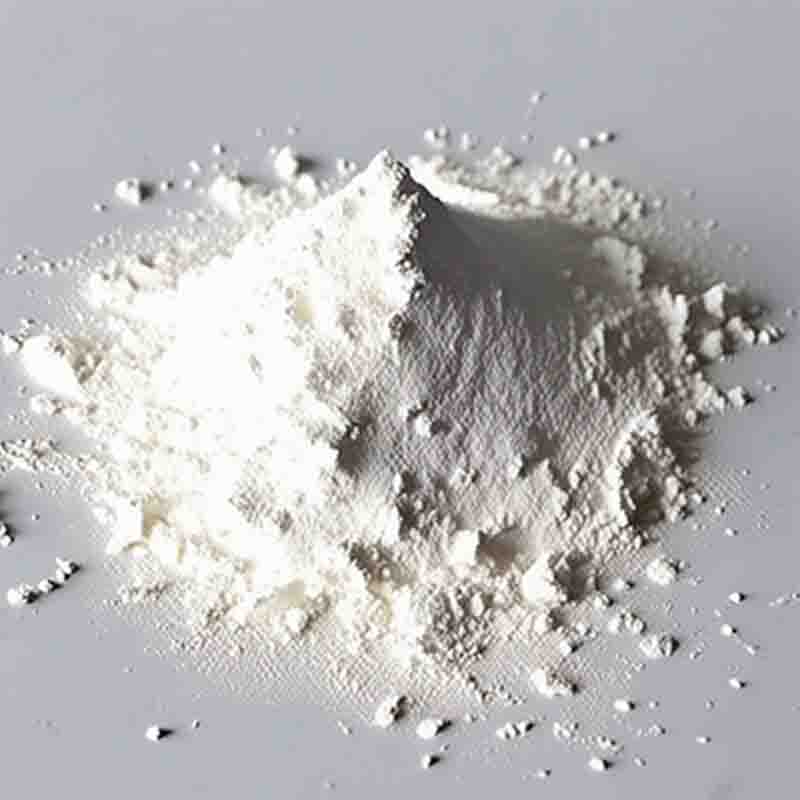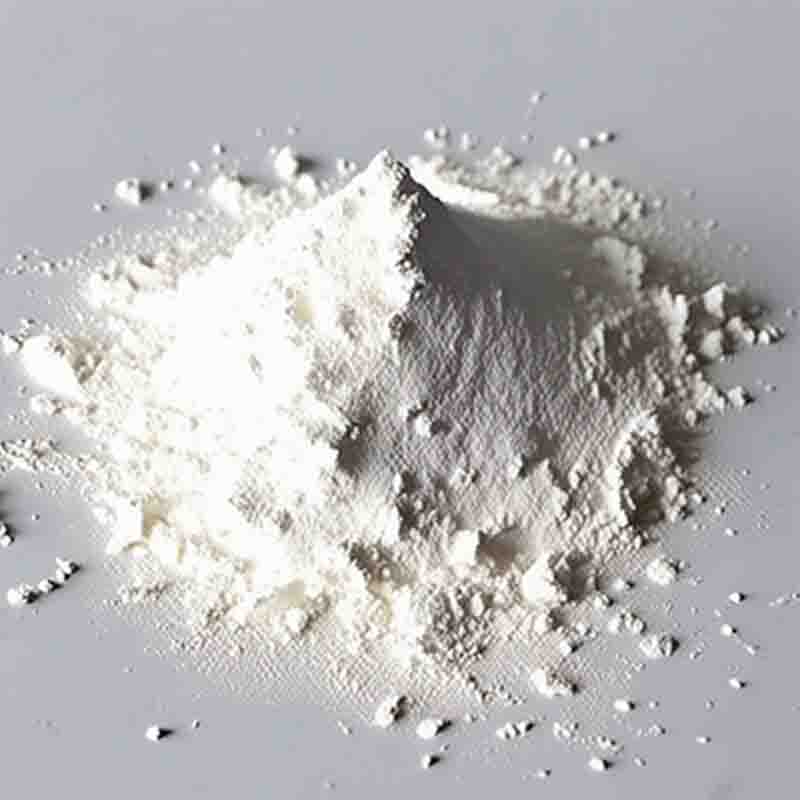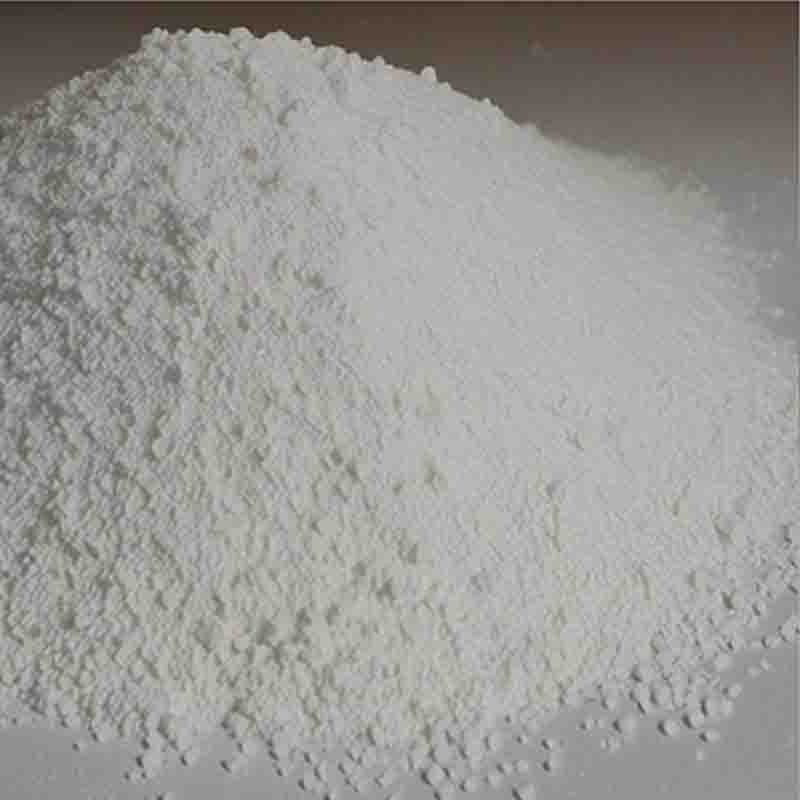alpha-Furil CAS:492-94-4
| Catalog Number | XD95883 |
| Product Name | alpha-Furil |
| CAS | 492-94-4 |
| Molecular Formula | C10H6O4 |
| Molecular Weight | 190.15 |
| Storage Details | Ambient |
Product Specification
| Appearance | White powder |
| Assay | 99% min |
The alpha-Furil effect is a phenomenon that occurs in organic chemistry, specifically in the field of fluorescence. It is named after the compound alpha-Furil, which exhibits this effect.
When a molecule undergoes excitation by absorbing light energy, it can emit this energy as light of a longer wavelength, a process known as fluorescence. The alpha-Furil effect refers to the unique behavior of certain molecules, including alpha-Furil itself, in which the emitted fluorescence is of a significantly longer wavelength than would be expected based on the absorption spectrum of the molecule.
This effect is particularly interesting because it can be used to study the environment and interactions of molecules in a variety of applications. For example, in biological research, the alpha-Furil effect has been used to study the binding of small molecules to proteins, as the changes in fluorescence can provide information about the binding site and the strength of the interaction.
The alpha-Furil effect has also been utilized in the development of sensors for various analytes, such as metal ions and other small molecules. By attaching alpha-Furil or similar compounds to a sensor platform, the changes in fluorescence can be used to detect the presence and concentration of the target analyte.
In addition to its applications in research and sensing, the alpha-Furil effect has also been studied for its potential in the development of new materials and technologies. By understanding the underlying mechanisms of this phenomenon, scientists and engineers can design and engineer materials with specific fluorescence properties for use in a wide range of applications, from optoelectronics to medical imaging.
Overall, the alpha-Furil effect is a fascinating and useful phenomenon in the field of fluorescence chemistry. Its unique behavior has enabled a wide range of applications in research, sensing, and materials science, and it continues to be a subject of study and exploration for scientists and engineers around the world.


